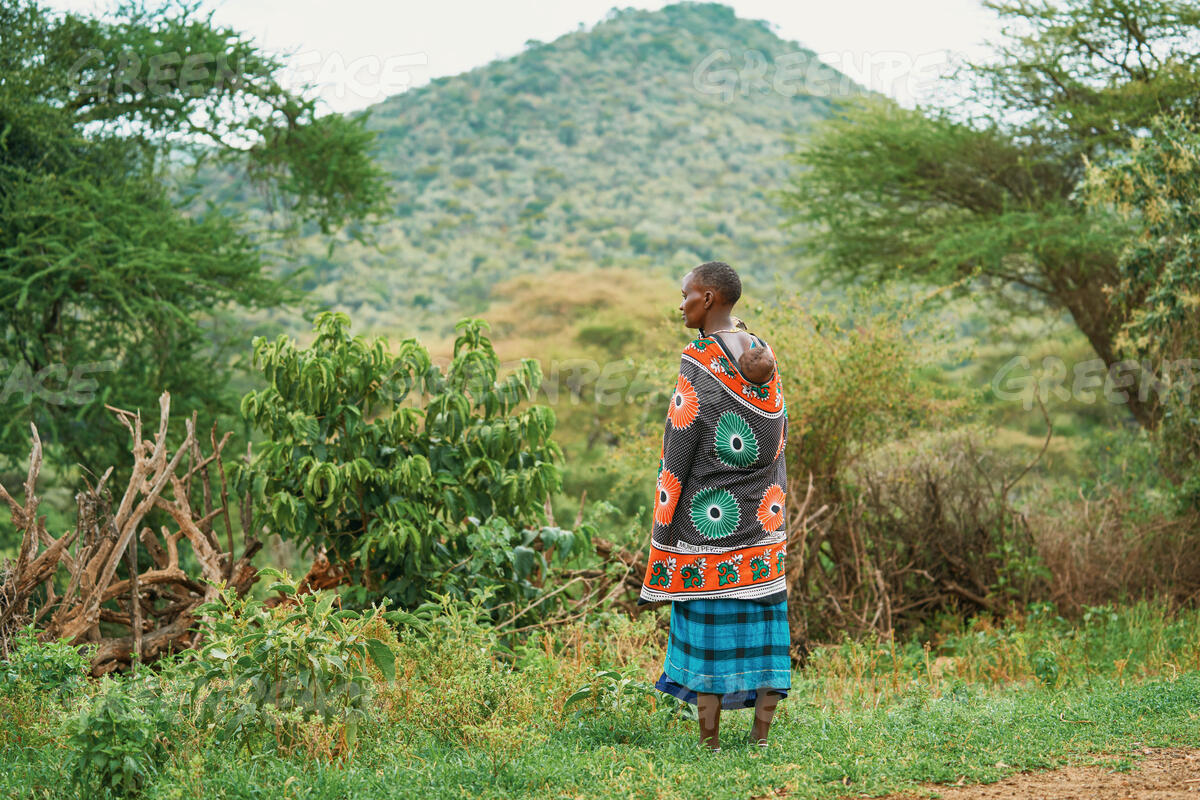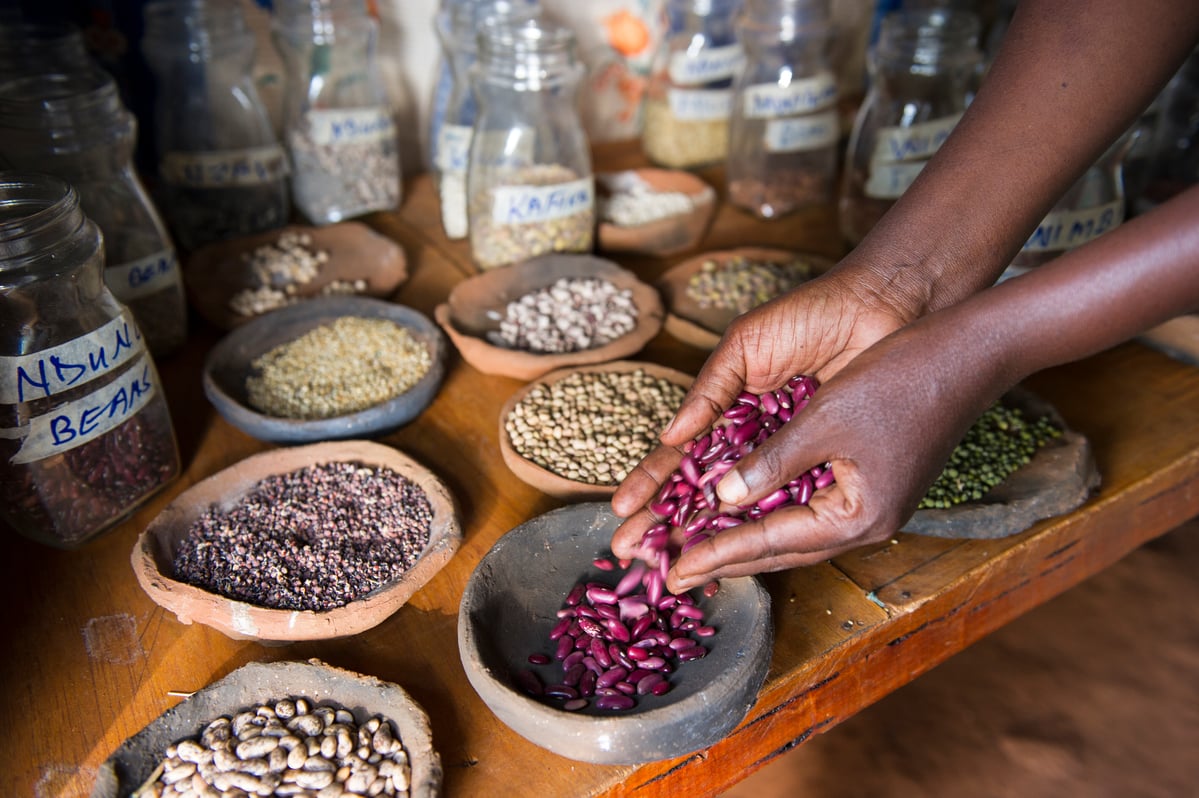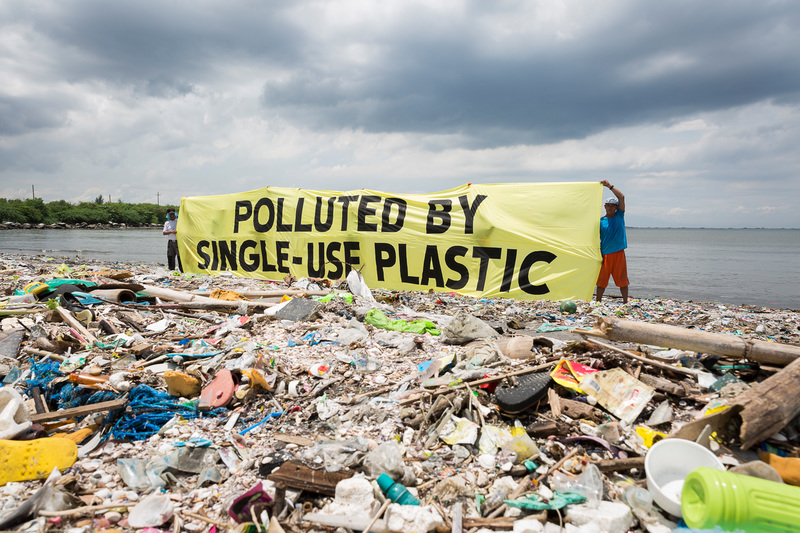Iveti forest is not the only case of government’s inaction to preserve forests, there has been reports of human rights violations in Embobut and large scale destruction of forests, wetlands and other ecosystems in Mau, Mt Kenya, Karura and Kiambu.
Reacting to this development, Greenpeace Africa’s Senior Food for Life Campaign manager, Renee Olende has said:
“Kenya has a target of 10% forest cover but according to Kenya Forestry Service only 6.2% of Kenya’s total land is currently covered with forests. The government’s approval to clear 22 hectares of forests is wrong and disregards the efforts by local farmers, communities and environmental organizations that are working to increase forest cover in the country.”
“Kenya has recently witnessed extremely debilitating droughts resulting to residents relying on relief food. Farmers and local communities are still reeling from the effects of these droughts. [2] 3.4 million people are severely food insecure and an estimated 500,000 children require treatment for acute malnutrition. If we continue to destroy our water catchment areas, we can only expect these climatic conditions to get worse,” stated Ms. Olende.
Greenpeace Africa strongly opposes the ongoing destruction of the ecosystem and calls upon sawmillers, the government of Kenya and other stakeholders to halt deforestation in these regions to ensure that the rights and livelihoods of local people are respected. Greenpeace Africa is committed to work with stakeholders to enhance the protection of intact forest landscapes.
Notes to the Editor:
[1] Forests serve as natural carbon store soaking up carbon dioxide from the atmosphere. Excessive carbon in the air can result in earth’s temperatures rising. This contributes to climate change which can have grave consequences such as unstable weather patterns, sudden floods and crop failure. Crops grown in agro-forestry systems are often more resilient to drought, excess rain and changes in temperatures.
[2] Statistics on food security:
https://www.unicef.org/appeals/kenya.html
Media Contact:
[email protected], Communication Officer, + 254 708 056 207



